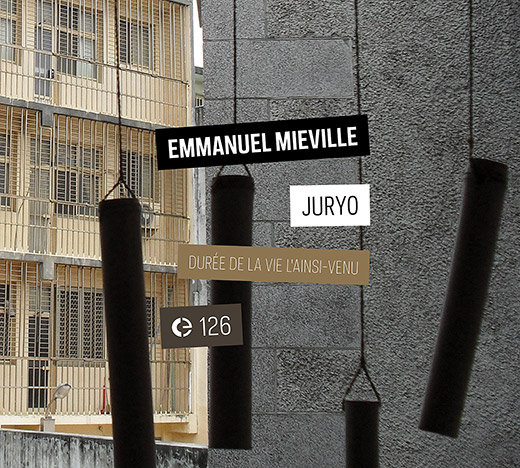
Music releases by Paris born and based composer Emmanuel Mieville are quite apart (Vital Weekly 803 and 1000 for instance) and has a strong emphasis on field recordings and this one is no different. Mieville had training in sound engineering in a film school and later on at INA-GRM, but also played in Javanese gamelan orchestra for two years. He records also sorts of environments and treats them, layers those processed bits together and collages them into a composition. Each of his releases is a bout a specific location. The title of his latest release comes from “the title of this album comes from the Japanese translation of the Sanskrit word and points to a chapter of the Lotus SÅ«tra, one the most famous text of MahÄyÄna Buddhism”. Recordings for the four pieces on this album have been made in Asia, such as Tibetan nuns from Copan monastery and FM radio in Hong Kong, as well as Buddhist chanting for a deceased person and inspired by Bhutto dancers. In all four of these pieces, Mieville uses a fair amount of original sound sources, as in to be recognized by the listener; the chanting, percussive music, radio static and maybe overall street/field recordings, which are treated extensively by him using mostly digital techniques. As such his music stays quite close to the more traditional work of acousmatic composers and this would be easily something that could have been released by Empreintes Digitales, even when I am too much of uninitiated listener to judge if Mieville applies all the proper composing techniques that one ought to apply in that world. I quite enjoyed it, and that’s especially due to the fact that we hear so many of the original field recording, culminating in the final piece, ‘Taisi Funeral’, with its abstract organ like sounds and singing and bell sounds; it sounds like this was a straight recording of a death rite and not a mix of various sound sources. This was altogether an excellent release.
